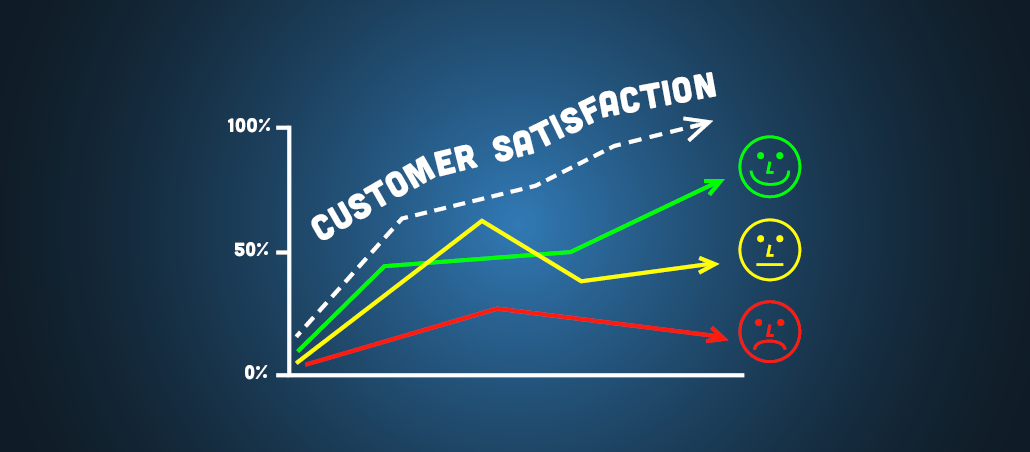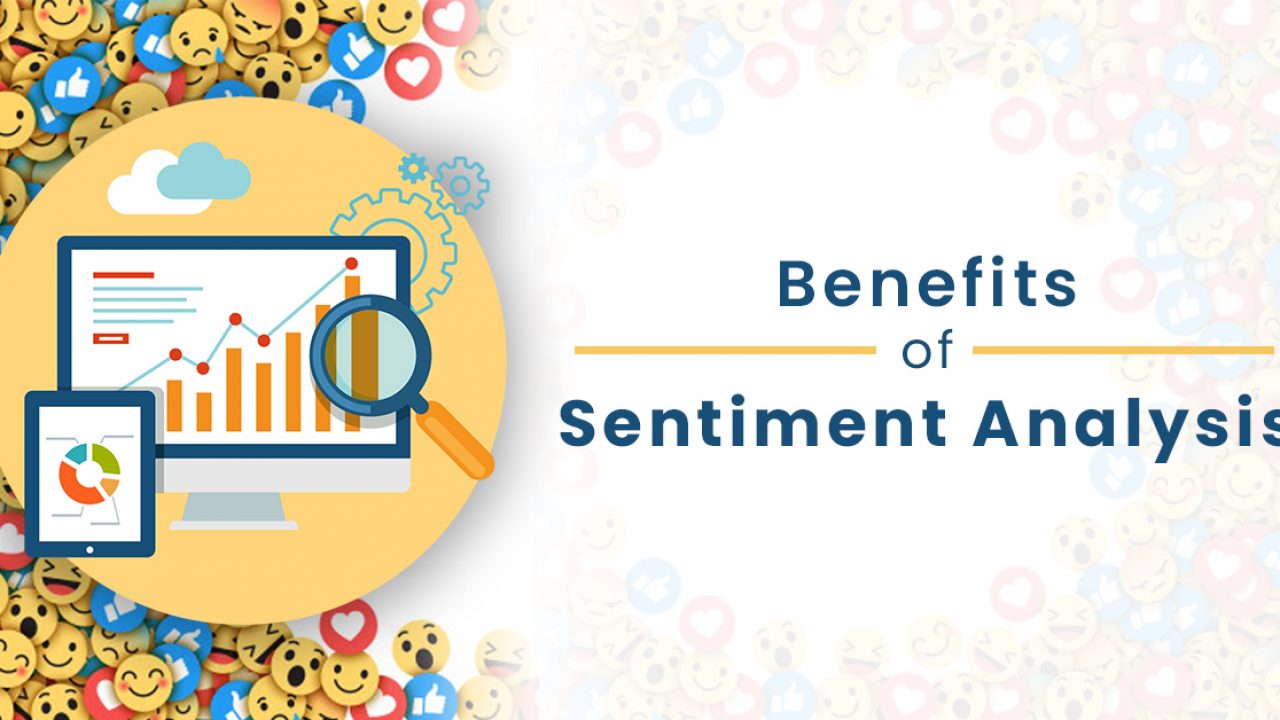In the fast-paced digital world, understanding the sentiments of users has become crucial for businesses aiming to stay ahead of the competition. Sentiment analysis, also known as opinion mining, involves evaluating and interpreting opinions, emotions, and attitudes expressed in textual content. Let’s delve into the myriad benefits of sentiment analysis that this powerful tool offers.
Understanding The Benefits of Sentiment Analysis

Sentiment analysis is the process of extracting sentiments from text data to determine the emotional tone behind it. By employing various techniques such as natural language processing and machine learning, businesses can gain valuable insights into customer opinions, enabling informed decision-making.
Applications in Business
One of the primary benefits of sentiment analysis is its impact on business operations. By analyzing customer feedback, businesses can enhance customer satisfaction, manage their brand reputation, and gain valuable insights for product development.
Social Media and Sentiment Analysis
Social media platforms have become hubs of public opinion. Sentiment analysis on these platforms helps businesses monitor brand sentiment, allowing them to respond promptly to customer feedback and tailor their marketing strategies accordingly.
Sentiment Analysis in Customer Service
Implementing sentiment analysis in customer service can significantly improve response times and personalize interactions. By understanding customer sentiments, businesses can address concerns effectively, leading to enhanced customer loyalty.
Benefits in Market Research
Sentiment analysis provides a goldmine of information for market researchers. Understanding consumer preferences, analyzing trends, and predicting market shifts are just a few ways this tool revolutionizes traditional market research methods.
Sentiment Analysis in Politics
In the political arena, gauging public opinion is critical. Sentiment analysis helps politicians understand the sentiments of their constituents, enabling them to tailor their campaigns to resonate with the public.
Sentiment Analysis Tools
Choosing the right sentiment analysis tool is crucial for businesses. Popular tools like IBM Watson, Google Cloud Natural Language API, and AIM Insights offer a range of features. Businesses should carefully assess their needs before selecting a tool.
Challenges of Sentiment Analysis
While sentiment analysis offers numerous benefits, it is not without its challenges. Ambiguity in language, cultural nuances, and the complexity of handling sarcasm and irony pose significant obstacles.
Overcoming Challenges
To address these challenges, advanced algorithms and machine learning models are continuously evolving. These advancements enable sentiment analysis tools to adapt to changing linguistic nuances and enhance accuracy.
Future Trends
As technology progresses, sentiment analysis is likely to integrate with artificial intelligence, opening new dimensions for understanding human emotions. Evolving technologies will expand the applications of sentiment analysis beyond what we can currently envision.
Tips for Implementing Sentiment Analysis
For businesses venturing into sentiment analysis, setting clear goals and regularly updating analysis techniques are crucial. A strategic approach ensures that sentiment analysis aligns with overall business objectives.
Conclusion
In conclusion, the benefits of sentiment analysis are vast and varied. From shaping marketing strategies to enhancing customer service, businesses that embrace this tool gain a competitive edge in today’s dynamic landscape. Sentiment analysis is not just a trend; it’s a strategic necessity for businesses aiming to thrive in the digital age.
Ready to experience the power of sentiment analysis for your business? Request a demo from AIM Technologies today and unlock the potential of understanding your customer sentiments firsthand.
FAQs
What is sentiment analysis?
- Sentiment analysis, also known as opinion mining, is the process of evaluating and interpreting opinions, emotions, and attitudes expressed in textual content.
How accurate are sentiment analysis tools?
- The accuracy of sentiment analysis tools varies, but advancements in machine learning have significantly improved their precision.
Can sentiment analysis be applied to multiple languages?
- Yes, many sentiment analysis tools support multiple languages, making them versatile for businesses with global reach.
Are there privacy concerns with sentiment analysis?
- Privacy concerns may arise, especially when analyzing personal opinions. Businesses must prioritize data security and comply with privacy regulations.
How often should businesses conduct sentiment analysis?
- The frequency of sentiment analysis depends on business needs. Regular monitoring is advisable, especially during product launches or marketing campaigns.


